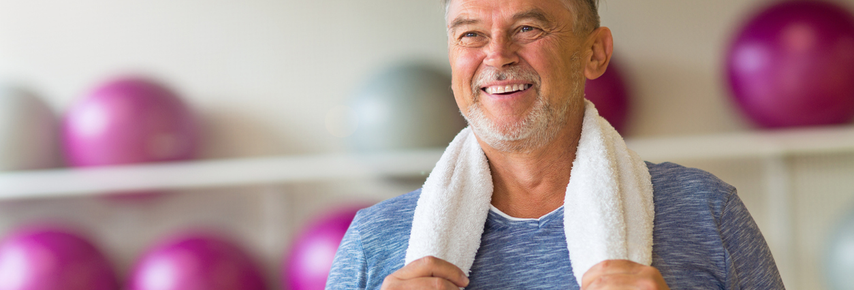
Ready to Give Up On Your New Year’s Diet? Why That Could Be a Good Thing for You!
If you’re feeling guilty about your unused gym membership or you’ve not yet prepped a month’s worth of meals like you’d planned, letting those resolutions go might be the best thing for you!
After a frenzied festive season, you may be feeling drawn to restrictive diets, detoxes and weight loss fads, but research reveals the reality is that these approaches rarely lead to lasting results and may even have the opposite effect.
If improving your health is a priority for 2025, our team of Sanitarium Accredited Practising Dietitians are here to help you understand some of the science behind diets and share their tips for how you can embrace a healthier, more sustainable approach to wellness instead.
Why Diets Don’t Always Work
When we think of dieting, we often imagine cutting out entire food groups or drastically reducing calories, however, research shows that such restrictive diets rarely deliver lasting results. In fact, international researchers have found that between one-third and two-thirds of people who lose a substantial amount of weight on a diet will regain all the weight—and more—within five years.
This cycle of weight loss and regain, often referred to as ‘yo-yo dieting’ or ‘weight cycling’, can be harmful with studies suggest that weight cycling increases the risk of developing type 2 diabetes, cardiovascular disease, and even early death.
Health Beyond the Scale
While weight loss is often the main goal of dieting, the science shows that it’s not the best measure of health. Research suggests that focusing on overall well-being—such as improving metabolic function, reducing chronic inflammation, and enhancing mental clarity—is a far more effective approach.
“We recommend that instead of following extreme diets and setting rigid resolutions, you aim to build habits that you can maintain consistently which is more likely to lead to better long-term health outcomes and will be much easier for you to stick with,” Sanitarium Dietitian Rachel Moore shares.
How to Build Sustainable, Healthy Habits
So, what should you do instead of jumping from diet to diet? Rachel says the key is to adopt flexible, individualised habits that work for your lifestyle.
Here, Rachel shares some tips to get you started:
- Eat regular, balanced meals and snacks: Focus on whole foods, like wholegrains, vegetables, fruits, nuts, and seeds. These foods provide the nutrients your body needs to feel satisfied and energised
- Honour your hunger cues: Eat when you're hungry and stop when you're satisfied. This helps regulate your appetite.
- Make food swaps, don’t restrict: Instead of cutting foods out, try gradually swapping less nutritious options for healthier ones. For example, swap white bread for wholegrain bread. This can help keep you fuller for longer, while providing your body with more nutrients
- All foods can fit into a healthy diet: A balanced diet isn’t about restriction; it’s about moderation and finding a variety of foods that nourish your body. You don’t need to deprive yourself—but instead focus on balance
- Include regular exercise: Find an activity you enjoy—whether it's walking, cycling, swimming, or dancing—and make it part of your routine. Exercise not only supports weight management but also boosts mental health, improves insulin sensitivity and improves energy levels
- Focus on lifestyle, not weight: Sustainable habits—like balanced eating, regular exercise, and enough sleep—are more important than any short-term diet goal. Prioritise health, well-being, and long-term sustainability over weight loss
DO YOU HAVE A NUTRITION QUESTION?
Contact our team of expert dietitians by using the free Ask a Dietitian service - online form here, or you can email or call on 1800 673 392.

The latest nutrition advice, plus health and wellness tips delivered to your inbox monthly

